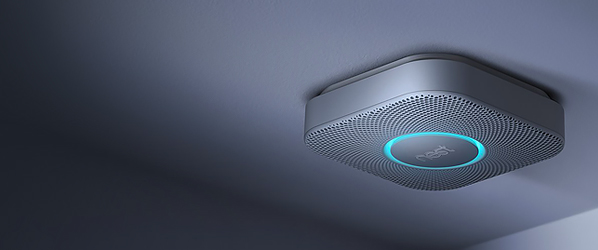Select Language:
After dominating the market for nearly ten years, the Nest Protect Smoke & CO Alarms are seeing a major shift as Google announces a new partnership with First Alert. In a recent announcement, the tech giant stated that it would stop production of the Nest Protect devices and instead focus its efforts on manufacturing First Alert Smart Smoke & Carbon Monoxide Alarms. These newly introduced alarms will seamlessly integrate with existing Nest systems and can be managed through the Google Home app.
“At Google Home, we’re completely dedicated to creating a platform that simplifies the process of setting up, controlling, and automating all your smart home devices in one location,” said Anish Kattukaran, Chief Product Officer at Google Home & Nest. “The Nest Protect has been a cherished device in our lineup, and we’re thrilled to collaborate with established industry leaders like First Alert, allowing users to manage more of their safety devices together for a safer home environment.”

In addition to this change, Google has also decided to discontinue sales of the Nest x Yale lock. This has been a longstanding feature in its smart home collection, but the company is now shifting its focus to the Yale Smart Lock compatible with Matter. This enhanced security option is expected to launch this summer, offering compatibility with a broader array of devices. Meanwhile, the Nest x Yale lock will remain available while supplies last, and support for current users will continue, so there’s a chance to grab one at a discount.
While it’s disappointing to see Google phase out such a well-regarded product, the new First Alert Smoke & CO Alarm comes packed with features tailored for today’s needs. It boasts improved Wi-Fi range, voice alerts that indicate the location of any detected issues, and an early warning system.
First Alert has emphasized that modern homes, often designed with open floor plans and made with synthetic materials, can allow fires to spread more rapidly and intensely. The advanced functionalities of these new detectors could provide families with crucial extra minutes in case of emergencies.






